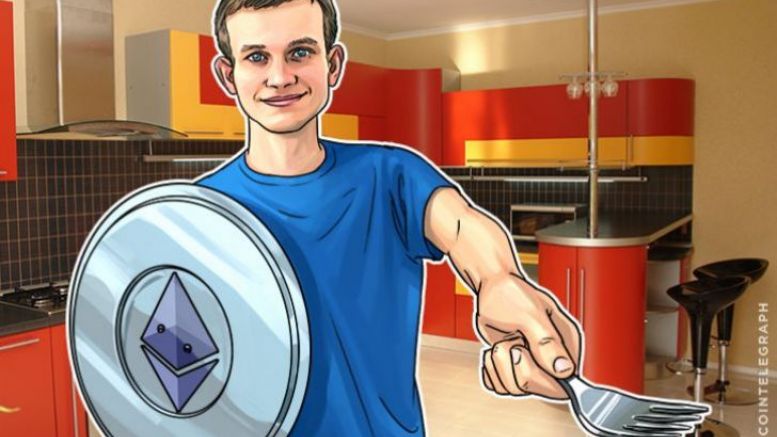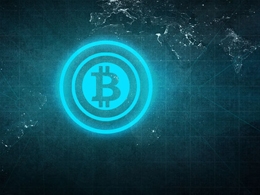
Buterin Defends Hard Forks, Adding Heat to Bitcoin Scaling Debate
Ethereum co-founder Vitalik Buterin has summarized the implications of soft and hard forks amid growing tensions surrounding Bitcoin’s future. “...There is an essential difference between hard forks and soft forks: hard forks are opt-in, whereas soft forks allow users no “opting” at all,” he wrote earlier this week. The Bitcoin price was under downward pressure Friday as the community awaits Chinese regulatory announcements and indecisiveness over SegWit and Bitcoin Unlimited continues. After Unlimited succumbed to a bug earlier in the week, rhetoric between the opposing sides became even....
Related News
Since the beginning of the development of Segregated Witness, an increasing number of alternative Bitcoin hard fork supporters have criticized the implementation process of soft forks on Bitcoin Core, claiming that Core developers have a complete monopoly over the process. Former Bitcoin Core developer Jeff Garzik and Ethereum co-founder Vitalik Buterin particularly stated that proposed soft forks have to undergo a majority consensus among Bitcoin Core developers that ultimately decide whether a soft fork becomes implemented into the BItcoin network. “Soft forks very specifically, from an....
Speaking at the BUIDL Asia event in Korea, Vitalik Buterin said that centralized stablecoins like USDC & USDT will become significant deciders in future hard forks. Ethereum co-founder Vitalik Buterin says that centralized stablecoins such as Tether (USDT) and Circle USD (USDC) could become “a significant decider in future contentious hard forks.”Buterin was speaking at the BUIDL Asia conference in Seoul on Aug. 3, along with Illia Polosukhin, the co-founder of Near Protocol (NEAR) to discuss Ethereum’s upcoming Merge. The Ethereum co-founder argued that centralized stablecoins could be a....
Hard forks are a rather contentious issue in Bitcoin. The controversy surrounding hard forks can be seen most prominently in the context of Bitcoin XT 's implementation of BIP 101. While there have been successful Bitcoin hard forks in the past, the problem with hard forks of the Bitcoin blockchain is that they're, well, hard. Any change to the Bitcoin protocol that requires a hard fork essentially requires near-complete consensus to avoid a potential blockchain split. For example, there are many individuals in the Bitcoin development community who do not believe that BIP 101's use of a 75....
Bitcoin Core, an “open source software project that is a direct descendant of the original Bitcoin implementation”, released a statement late last week on its website. The main focus was how Bitcoin consensus rules were changed, which is typically through soft forks and hard forks. Hard forks and soft forks do virtually the same thing, so Bitcoin Core argues that soft forks are to be preferred as they do not cause the amount of harm on the Bitcoin network as a hard fork can potentially do since users can choose to upgrade to new features when they want to, or remain or the current Bitcoin....
Ethereum co-founder Vitalik Buterin has waded directly into a fast-escalating dispute over the role and risk profile of Coinbase’s Layer-2 (L2) network, Base, arguing that critics are conflating core concepts and overlooking concrete guarantees that protect users on modern L2s. “Base is doing things the right way: an L2 on top of Ethereum, that uses […]





